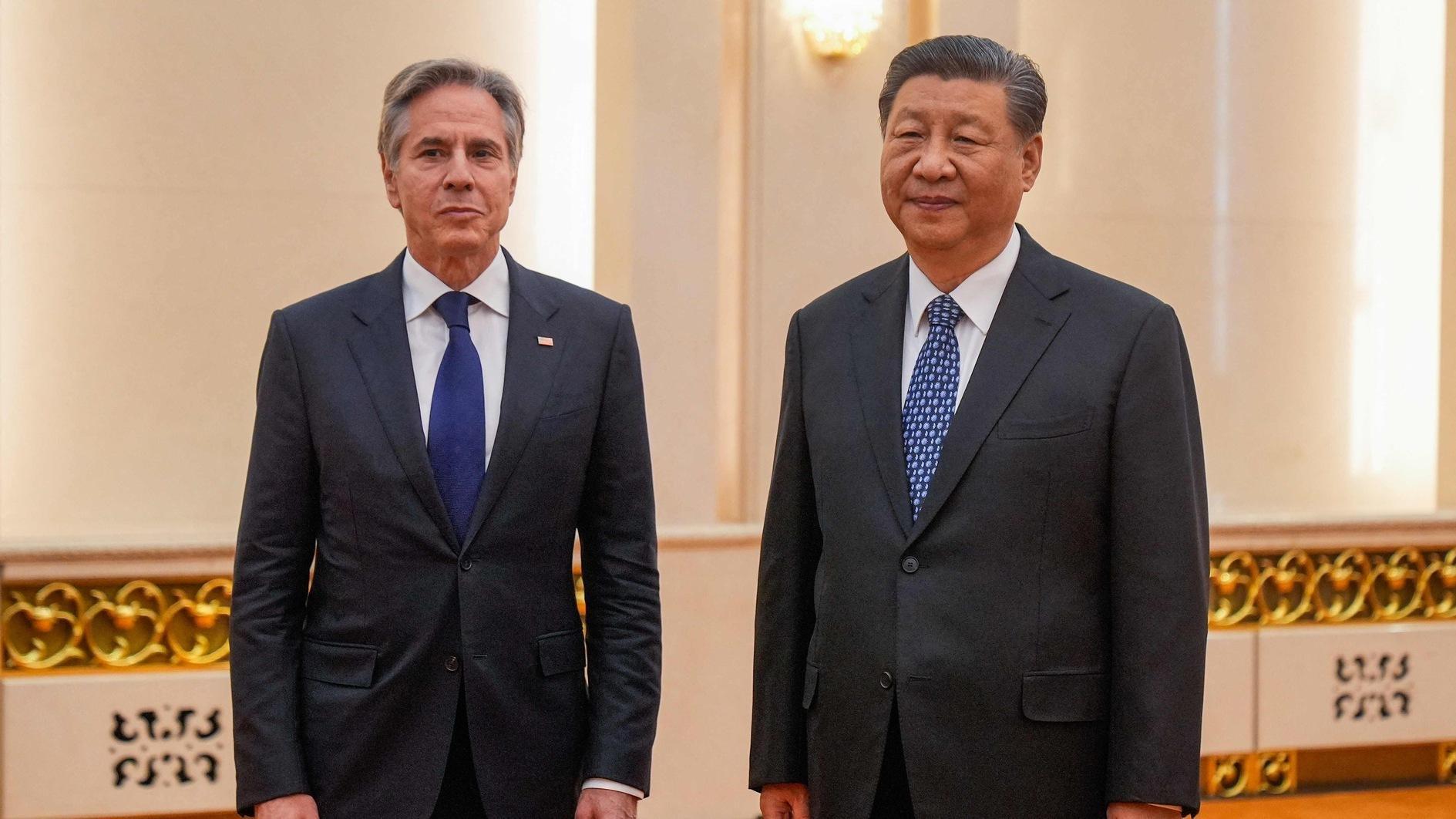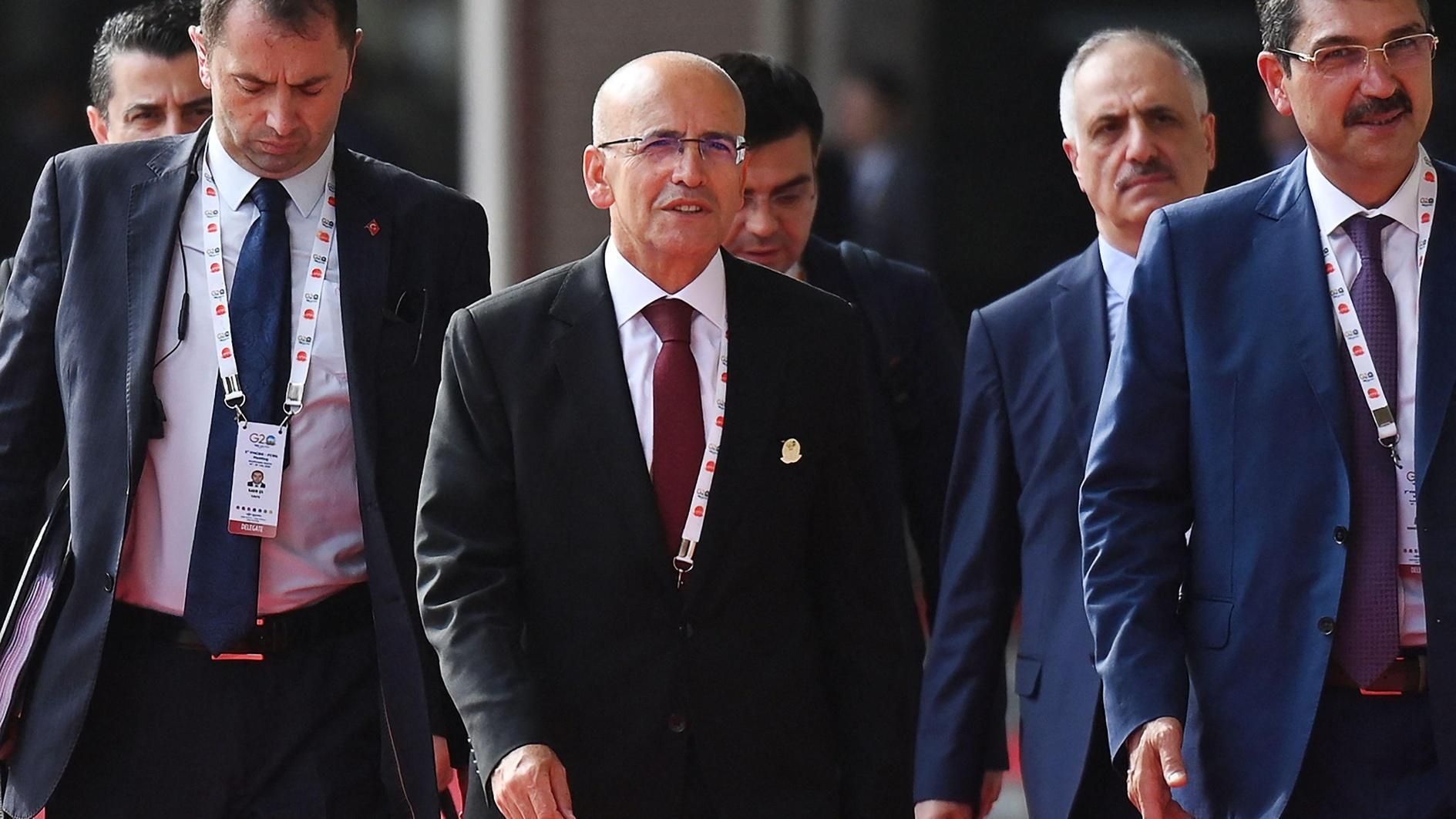Trump lashes out from witness stand at judge as he testifies in fraud trial
NEW YORK

A defiant Donald Trump sparred with a New York judge and slammed the state attorney general suing him Monday, using the witness stand at his civil fraud trial to defend his riches and lash out at a case that imperils his real estate empire.
The former president’s barbed testimony spurred the judge to admonish, “This is not a political rally.”
Trump's long-awaited testimony about property valuations and financial statements was punctuated by personal jabs at state Judge Arthur Engoron, who he said was biased against him, and New York Attorney General Letitia James, whom he derided as a “political hack.” He proudly boasted of his real estate business — “I'm worth billions of dollars more than the financial statements" — and disputed claims that he had deceived banks and insurers.
“This is the opposite of fraud,” he declared. Referring to James, a Democrat whose office brought the lawsuit, he said, “The fraud is her.”
The testy exchanges and frequent rebukes from the judge underscored Trump’s unwillingness to adapt his famously freewheeling rhetorical style to a formal courtroom setting governed by rules of evidence and legal protocol. His presence on the stand was a vivid reminder of the legal troubles he faces as he vies to reclaim the White House in 2024.
It also functioned as a campaign platform for the former president and leading Republican presidential candidate to raise anew to supporters his claims of political persecution at the hands of government lawyers and judges.
“People are sick and tired of what’s happening. I think it is a very sad day for America," Trump told reporters outside the courtroom after roughly three-and-a-half hours on the stand.
The fraud case doesn’t carry the prospect of prison as Trump's upcoming criminal cases do. But its allegations of financial impropriety cut to the very heart of the brand he spent decades crafting. Engoron has already ruled that Trump committed fraud by inflating his financial statements, putting the the ex-president’s future control of Trump Tower and his other marquee properties into question.
The non-jury trial addresses other claims in the lawsuit brought by James against Trump, his company and top executives, including his eldest sons. She wants the defendants to fork over what she claims is more than $300 million in ill-gotten gains and to be banned from doing business in New York.
The civil trial is one of numerous legal proceedings facing Trump as he runs for a second term, including federal and state charges accusing him of crimes including illegally hoarding classified documents and scheming to overturn the 2020 presidential election. His legal and political strategies have now become completely intertwined as he hopscotches between campaign events and court hearings, a schedule that will only intensify once his criminal trials begin.
Trump has been particularly engaged in his fraud trial, aggrieved by the suggestion that he’s worth less than he’s claimed.
“I’m worth billions of dollars more than the financial statements,” he said Monday on the stand, telling a state lawyer, “You go around and try and demean me and try and hurt me, probably for political reasons.”
His testimony got off to a contentious start, with the judge turning to Trump’s attorney at one point and saying: “I beseech you to control him if you can. If you can’t, I will.”
The courtroom at 60 Centre Street had already become a familiar destination for Trump, who spent days over the past month voluntarily seated at the defense table, observing the proceedings. He took the stand once before — unexpectedly and briefly — after he was accused of violating a partial gag order. He denied violating the rules, but Engoron disagreed and fined him anyway.
His turn as a witness gave him the biggest opportunity yet to respond to allegations against him.
Summoned by lawyers for the state, Trump repeatedly bristled at the suggestion that he had ever intended to defraud financial institutions. He said he had been misquoted or taken too literally in past public comments about his business dealings and his Florida estate, Mar-a-Lago, and said disclaimers in his financial statements covered any missteps. He returned to a familiar position that no one had been victimized, though state lawyers contend that Trump was able to get lower interest rates and other benefits because of the wealth reflected on his financial statements.
“Not one bank lost money. Not one insurance company lost money," he declared.
Tensions between Engoron and Trump — already on display in recent weeks, when the judge fined him a total of $15,000 for incendiary outside-of-court comments — were evident early on Monday when the ex-president was repeatedly scolded about the length and content of his answers.
Engoron, who determined in a ruling earlier that Trump committed fraud for years while building the real estate empire that catapulted him to fame, will decide the non-jury case. He cautioned at one point that he was prepared to draw “negative inferences” against the former president if he failed to rein in his answers.
“I do not want to hear everything this witness has to say. He has a lot to say that has nothing to do with the case or the questions," the judge said.
Despite the testy back-and-forth early in the day, Trump was later able to veer into expansive answers without anyone cutting him off, using the opportunity to rail against James, the judge and the proceedings in general.
“I think that she’s a political hack, and I think she used this case to try and become governor, and she used it successfully to become attorney general. I think it’s a disgrace that this case is going on," Trump said.
Of Engoron, Trump said, “He ruled against me, and he said I was a fraud before he knew anything about me.”
James, who was in the courtroom, stared straight ahead at Trump as he spoke and was seen chuckling when Trump suggested she didn't know anything about one of his properties, which is located across the street from her office. Afterward, she told reporters: “He rambled. He hurled insults. But we expected that.”
Monday’s testimony centered on the core of the allegations by the state attorney general: that Trump and his company intentionally inflated property values and deceived banks and insurers in the pursuit of business deals and loans.
Echoing the stance taken by two of his sons, Donald Trump Jr. and Eric, in their own testimony last week, Trump sought to downplay his direct involvement in preparing and assessing financial statements that the attorney general claims were grossly inflated and fraudulent.
“All I did was authorize and tell people to give whatever is necessary for the accountants to do the statements,” he said. As for the results, “I would look at them, I would see them and maybe on some occasions, I would have some suggestions.”
He also played down the significance of the statements, which went to banks and others to secure financing and deals.
“Banks didn’t find them very relevant, and they had a disclaimer clause -- you would call it a worthless statement clause,” he said, insisting that after decades in real estate, “I probably know banks as well as anybody. … I know what they look at. They look at the deal, they look at the location."
He complained that his 2014 financial statements shouldn’t be a subject of the lawsuit at all.
“First of all it’s so long ago, it’s well beyond the statute of limitations,” Trump said before turning on Engoron, saying he allowed state lawyers to pursue claims involving such years-old documents “because he always rules against me.”
Engoron said, “You can attack me in whichever way you want, but please answer the questions.”
















